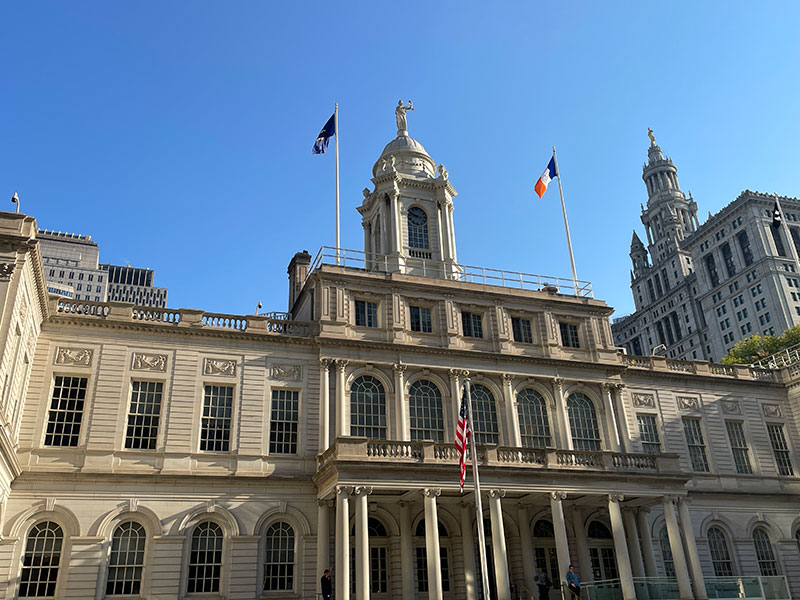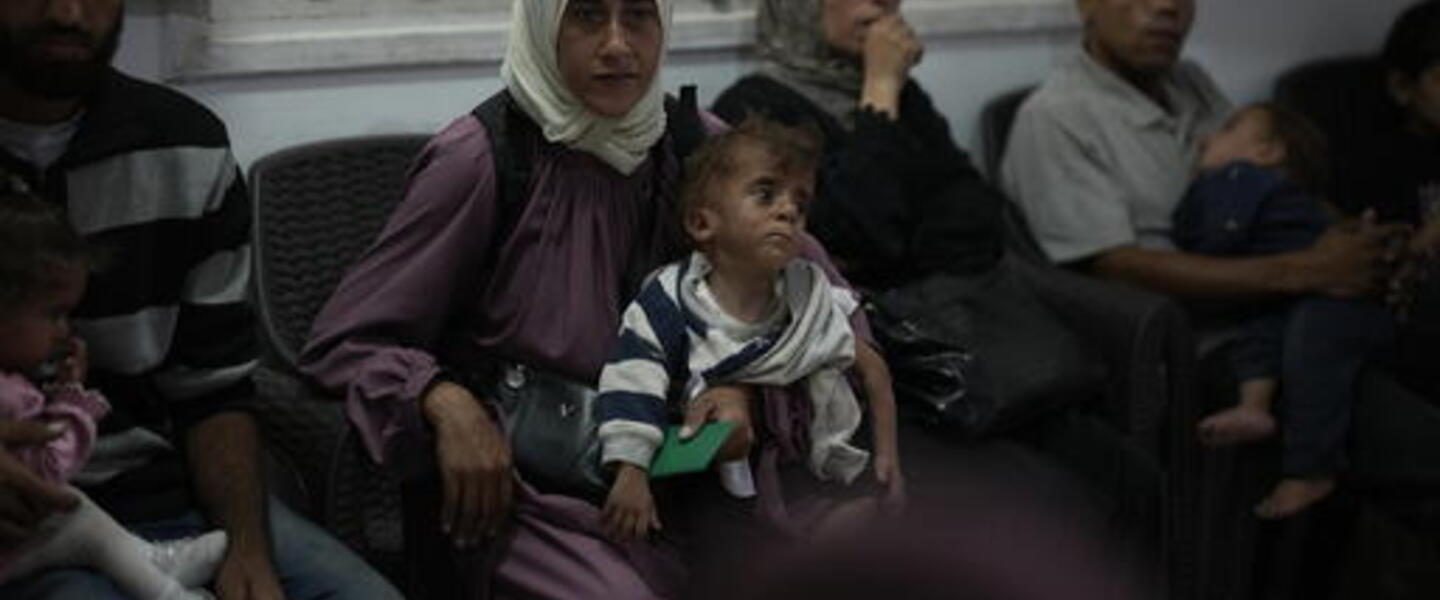Deposed Venezuelan President Nicolás Maduro pleaded not guilty on terrorism and drug-trafficking charges during his first appearance in a New York court on Monday.
The appearance comes two days after the United States captured Maduro and his…

Deposed Venezuelan President Nicolás Maduro pleaded not guilty on terrorism and drug-trafficking charges during his first appearance in a New York court on Monday.
The appearance comes two days after the United States captured Maduro and his…

A surprise raid on the capital in the dead of night, ending with the capture of the country’s leader. By the following day, the invading power announces it will rule the nation for an indefinite period.
That was how Vladimir Putin envisaged his…

The deposed Venezuelan president Nicolás Maduro pleaded not guilty to drugs, weapons and narco-terrorism charges on Monday, two days after his capture by US special forces in an operation ordered by Donald Trump that sent shockwaves around the…

NEW YORK, NY — TODAY, Mayor Zohran Mamdani announced 3 new judicial appointments which will be subject to a public hearing for official appointment in January: Cary Fischer, Natalie Barros, and Andrés Casas.
“New Yorkers deserve a…

NEW YORK, NY — TODAY, Mayor Zohran Mamdani announced 3 new judicial appointments which will be subject to a public hearing for official appointment in January: Cary Fischer, Natalie Barros, and Andrés Casas.
“New Yorkers deserve a…

Senior United Nations officials and humanitarian leaders…
You don’t have permission to access “http://www.spglobal.com/energy/en/news-research/latest-news/metals/010526-trump-comments-venezuela-strike-put-greenlands-resource-riches-back-in-spotlight” on this server.
Reference…